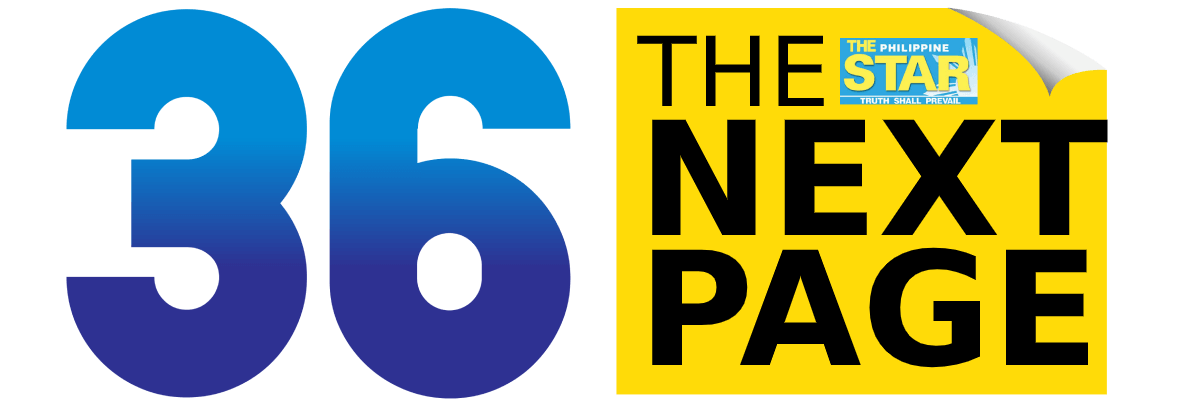The journey toward a paperless future

The COVID-19 pandemic has accelerated the digital revolution in the Philippines. It has made us further appreciate the feasibility of home-based work, contactless payments, virtual meetings, and other personal and professional engagements that we never thought could be done online. In my head, a revolution of thought is also occurring: what if all our transactions with the government could be done online? What if we never have to fill out paper forms again? What does a paperless society look like?
Estonia offers a glimpse of such a digital society. Since early 2000, the country has been using advanced technologies and systems like electronic tax reporting, which allows people to file taxes online in just three minutes; electronic ID and digital signatures; a national data sharing platform; and even an online voting system. Essentially, 99% of Estonia’s public services are available online.

Going digital also provides significant cost savings for Estonia. At an International Peace Institute event in 2016, Estonia’s former Prime Minister Taavi Rõivas said the country saves 2% of its GDP just by signing things digitally.
As a co-founder of the legal technology startup Twala, I also dream of the Philippines becoming a digital leader. But to bring this dream to life, we first need to surmount a mountain of paper problems.
Many of our government processes are still paper-driven. For example, before a business is allowed to operate, it would require filling out numerous forms, providing redundant documentary requirements, and spending countless hours waiting in line at government offices just to secure a permit. Since business licensing is done at the city or municipality level, entrepreneurs must go through the same process if they want to expand their operations elsewhere.
If this digital nation vision comes to life, an outflow of benefits will follow, like increased efficiency and productivity as data access and exchange are streamlined; reduced carbon footprint as the energy used in converting trees to paper is conserved; and improved market competition and economic activity as more entrepreneurs are encouraged to register their businesses or expand their operations.
This isn’t only time-consuming, counterproductive, and expensive, but also hugely discouraging.
According to the World Bank’s Philippines Digital Economy Report released in September 2020, administrative burdens and complex regulatory procedures discourage entrepreneurs from registering their businesses. In fact, in 2018, only 300 new firms in the country were registered per 1 million working-age residents. This is way lower compared to our neighboring countries, like Thailand with 1,100 and Malaysia with 2,300.

What a paperless Philippines looks like
As an entrepreneur, I always envision the Philippines as an interconnected and automated country. Imagine this — all our data are stored in a secure, centralized digital repository accessible by all government agencies. Our personal data are also saved on our mobile devices through an app (like a digital counterpart of Philsys ID), so if we need to provide our information or prove our identity online to avail ourselves of a public service, we simply scan a QR code and our personal data are safely transmitted to the government agency or an eligible private company (like banks). All government services are also available online, so we can complete our transactions anytime and anywhere.
If this digital nation vision comes to life, an outflow of benefits will follow, like increased efficiency and productivity as data access and exchange are streamlined; reduced carbon footprint as the energy used in converting trees to paper is conserved; and improved market competition and economic activity as more entrepreneurs are encouraged to register their businesses or expand their operations.
Toward a paperless future

Having been in the systems and software development field for more than 12 years, I am aware that the journey toward a paperless and digitalized future is not a walk in the park. It would require extensive planning, active cross-sector collaboration, administrative and regulatory reforms, and secure and robust software and hardware solutions, among others.
A paperless society is not just a future worth imagining, but also a journey worth taking.
If your company is looking to embark on a paperless journey soon, here are a few things to consider:
- Create a task force to ensure your organization’s smooth transition to a digital system. To guarantee that your digital process is efficient and interconnected, the task force must include representatives from each of your departments.
- Improve the interconnectivity of your legacy and new systems to facilitate data access and exchange.
- Work with local companies to help develop solutions tailored to your needs. For example, if you want to reduce your time and costs spent on printing and distributing contracts, you can work with a startup to replace them with digital documents that can be signed with legally binding electronic signatures.
- Develop a comprehensive data storage, security, backup, retention, and recovery strategy to avoid risks of data loss while also saving storage space.
- Implement a change management plan to help your employees and constituents adapt to your new processes easily.
A paperless society is not just a future worth imagining, but also a journey worth taking. The opportunity to make this a reality lies in how we will harness the power of technology. The Philippines is one of the top IT outsourcing destinations in the world. We have the capacity and talent to improve our society and our lives. All we need to do now is commit and start.
